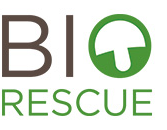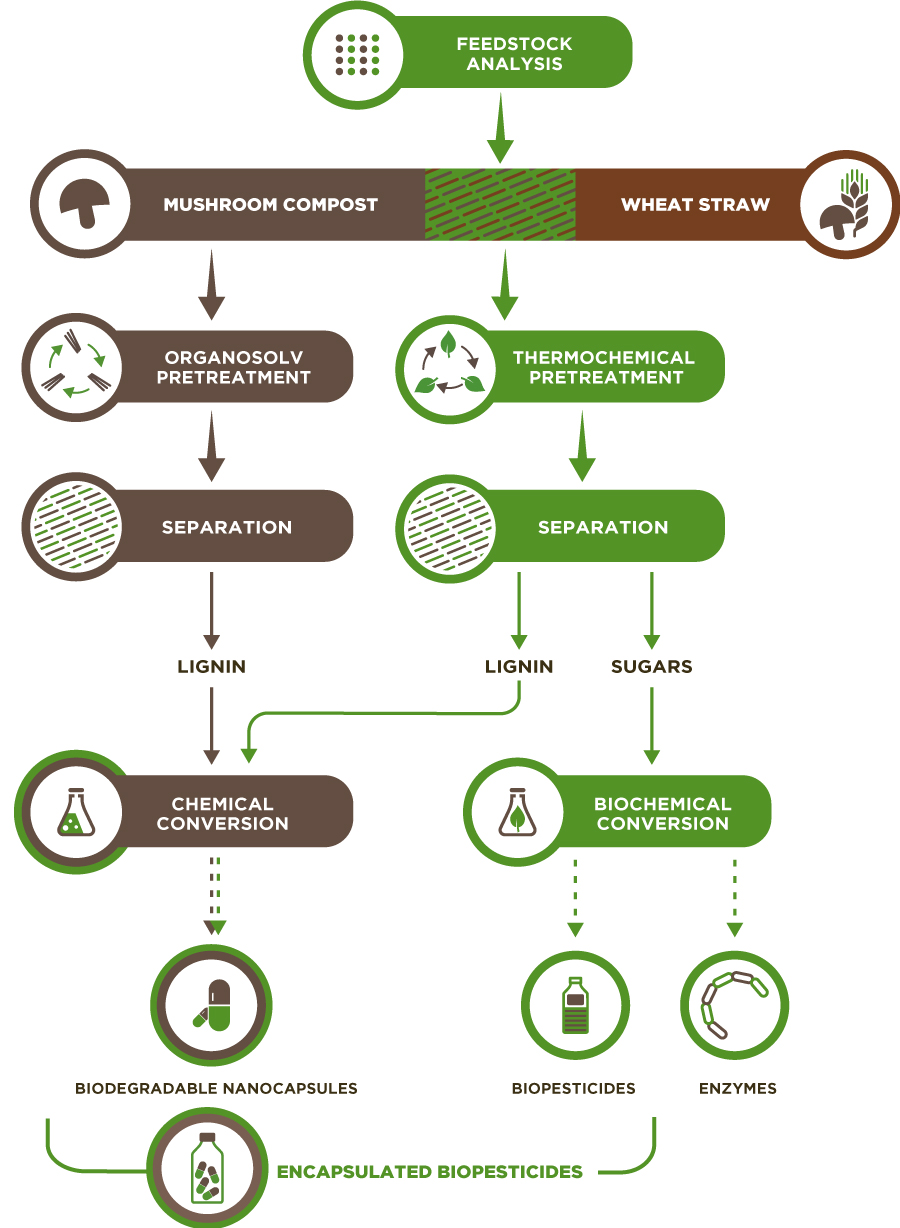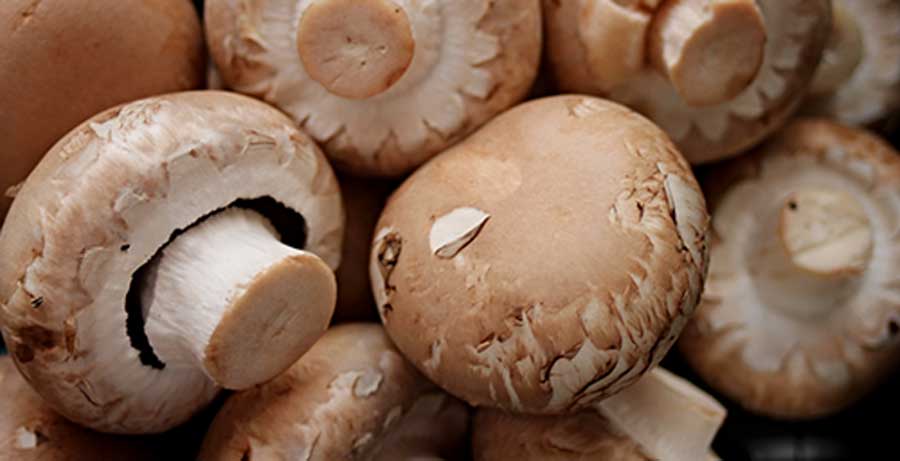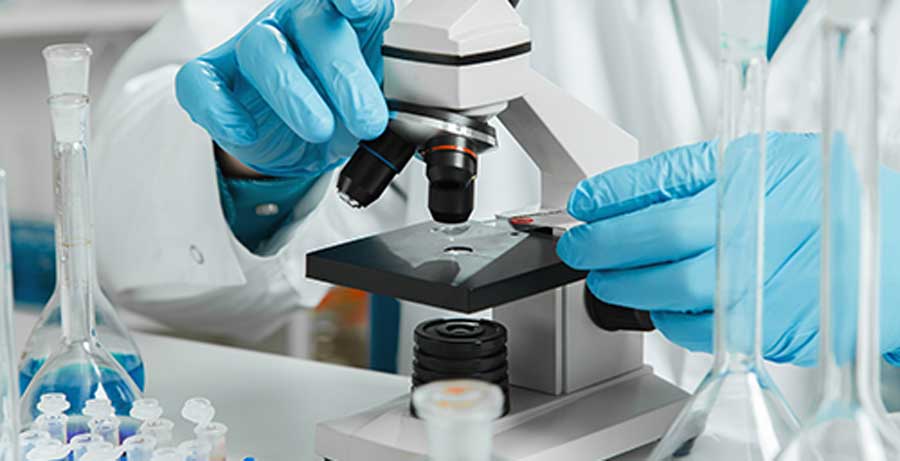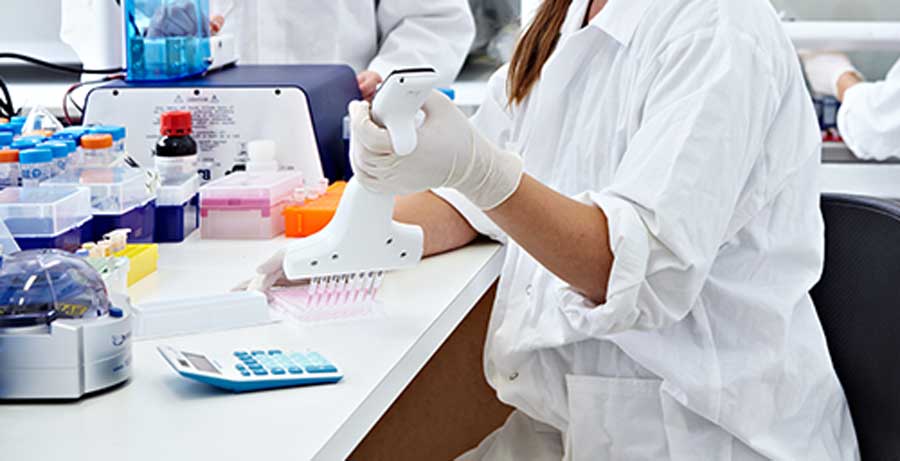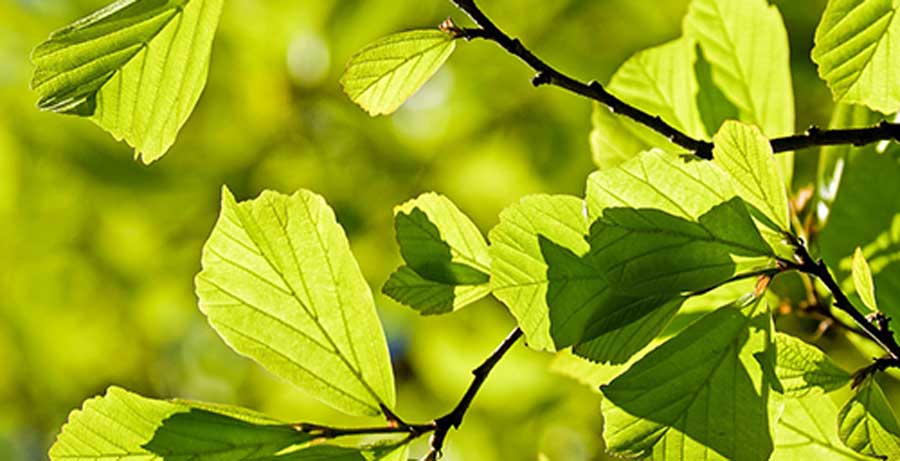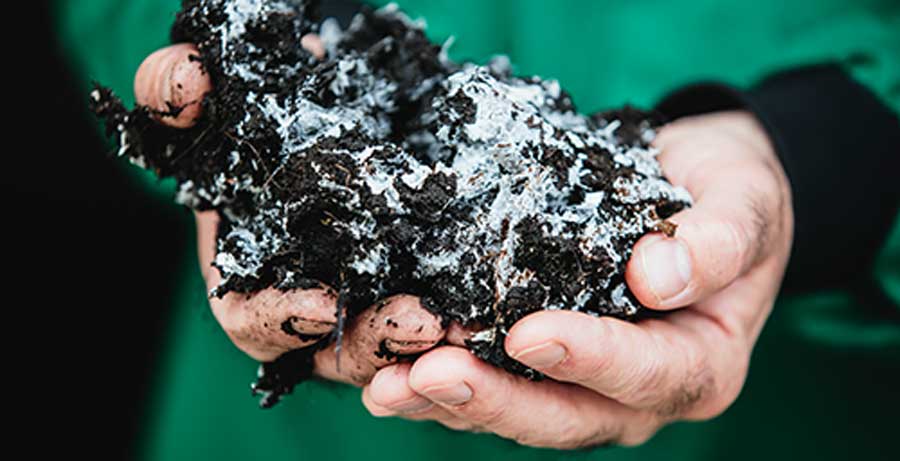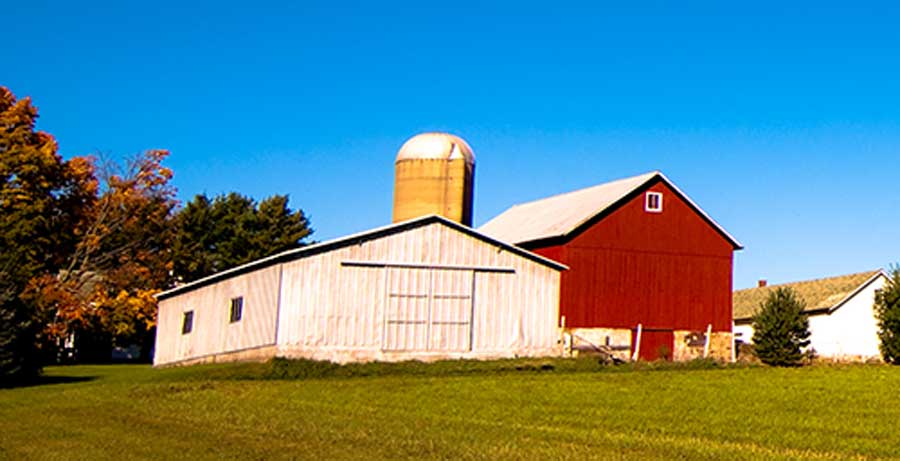Research results
The BIOrescue project developed and tested a resource-efficient biorefinery concept for mushroom compost and other underutilised agricultural feedstocks, allowing their transformation into valuable bio-based products, such as bio-pesticides, biodegradable nano-carriers for drug encapsulation, as well as new enzymes.
#1 The BIOrescue biorefinery process
The project developed a new biorefinery concept to demonstrate the production of high-value products from what was previously considered a waste, turning used mushroom compost into bio-based products for various market applications.
#2 Ultra rapid biomass analysis
BIOrescue partner Celignis Analytical created a novel methodology to analyse biomass composition in only one day, using Near Infrared Spectroscopy analysis.
#3 Improved enzymes
The Finnish company MetGen developed tailor-made enzyme cocktails to extract sugars and lignin from used mushroom compost and other lignocellulosic feedstocks in the most effective way. In addition, the University of Naples created genetically enhanced enzymes, which can further improve the efficiency of the biomass conversion process.
#4 Bio-based nanocarriers to treat plant diseases
In BIOrescue researchers at the Max Planck Institute for Polymer Research produced microscopic capsules made out of polymer membranes, which can be used as targeted drug delivery system for plants.
#5 Affordable and sustainable biopesticides
BIOrescue coordinator, the Spanish Renewable Energy Centre (CENER), has demonstrated the production of affordable and sustainable biopesticides from the sugars obtained through the bioconversion of used mushroom compost together with other underutilised biomass.
#6 Sustainability assessment
To strengthen the competitiveness of the novel biorefinery concept, BIOrescue partners C-Tech Innovation, Imperial College of London and CENER assessed the economic, social, technological and environmental impact of the process.
